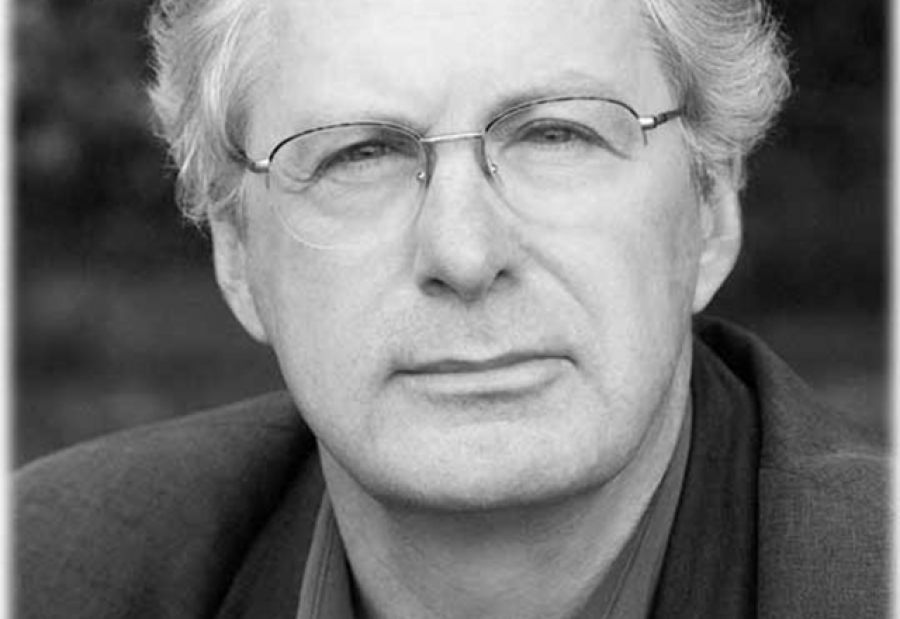
- Free Article: No
- Contents Category: Poet of the Month
- Custom Article Title: Stephen Edgar is Poet of the Month
- Review Article: No
- Custom Highlight Text:
Influence can be overt, deliberate imitation, or more subtle, an absorption one is hardly aware of. I deliberately imitated Dylan Thomas in my adolescence and learned, along with some bad habits, much about formal technique from him – as from Donne, Herbert, Milton, Keats, Yeats, Hardy, Auden, Larkin, Hecht. In the writing of blank verse there is a long line from (dare I say it?) Shakespeare to Wordsworth, Browning, Stevens, Frost. Among Australians, Shaw Neilson, Slessor, Hope, Wright, Harwood, Campbell, Peter Porter.
ARE POEMS 'INSPIRED' OR MAINLY THE WORK OF CRAFT?
It depends on what you mean by 'inspired'. The genesis of a poem may come out of the blue, a matter of moments, but then you have to sit down and work at it, discover its form and expression, and that can take hours, days. Craft, of course, is acquired over years. Inspiration can be found in the application of craft.
WHAT IS THE DIFFERENCE BETWEEN POETRY AND PROSE?
The difference between verse and prose is self-evident. Poetry is a trickier matter. As Housman put it, poetry is not the thing said but a way of saying it. The essence of prose derives from the intellect, I think, that of poetry from the imagination and the emotions. And then there is the matter of language itself. As Jane Hirshfield said, what is good poetry if not language awake to its own powers? Poetry can occur in prose as well as verse.
WHAT CIRCUMSTANCES ARE IDEAL FOR WRITING POETRY?
Silence and solitude, or as close to them as I can get.
WHICH POET WOULD YOU MOST LIKE TO TALK TO – AND WHY?
Well, let's say one of the ancients: Euripides perhaps. Partly because 'It was all so unimaginably different / And all so long ago', and it would be fascinating to see what we shared; partly because I would love to know how ancient Greek really sounded, and how quantitative metres sounded, because I'm damned if I can hear them.
WHAT DO POETS NEED MOST: SOLITUDE OR A COTERIE?
For me it has been, in Larkin's formulation, more solitude varied by company than company varied by solitude. During my years in Hobart I had a small circle of poet friends. These days I don't get out so much.
WHAT HAVE YOU LEARNED FROM REVIEWS OF YOUR WORK?
Perhaps that you cannot control how others read you. Sometimes a review will absolutely hit the mark. Yes, I think, that is exactly what I'm on about. At other times, though a review may be favourable, it may find things in my work I wasn't aware of putting there, and, more troubling, fail to find things which I thought were obviously present. Perhaps the poem knows things that the poet doesn't know.
IF PLATO ALLOWED YOU TO KEEP ONE POEM OR POETRY COLLECTION IN HIS REPUBLIC, WHAT WOULD IT BE?
Shakespeare's complete works.
DO YOU HAVE A FAVOURITE LINE OF POETRY (OR COUPLET)?
What a question. At the present moment (which lasts, remember, three seconds) I'll offer a line from Frost: 'Through the interstices of things ajar.'
IS POETRY GENERALLY APPRECIATED BY THE READING PUBLIC?
If it is, they are keeping very quiet about it. One wishes for James Wright's 'intelligent reader of good will', and from time to time that wish is granted.
STEPHEN EDGAR has published ten books of poetry, the most recent being Exhibits of the Sun (Black Pepper, 2014). His previous book, Eldershaw, was shortlisted for the Prime Minister's Literary Awards in 2014. He won the inaugural Australian Book Review (now Peter Porter) Poetry Prize in 2005 and was awarded the Philip Hodgins Memorial Medal in 2006. He lives in Sydney.


Comments powered by CComment